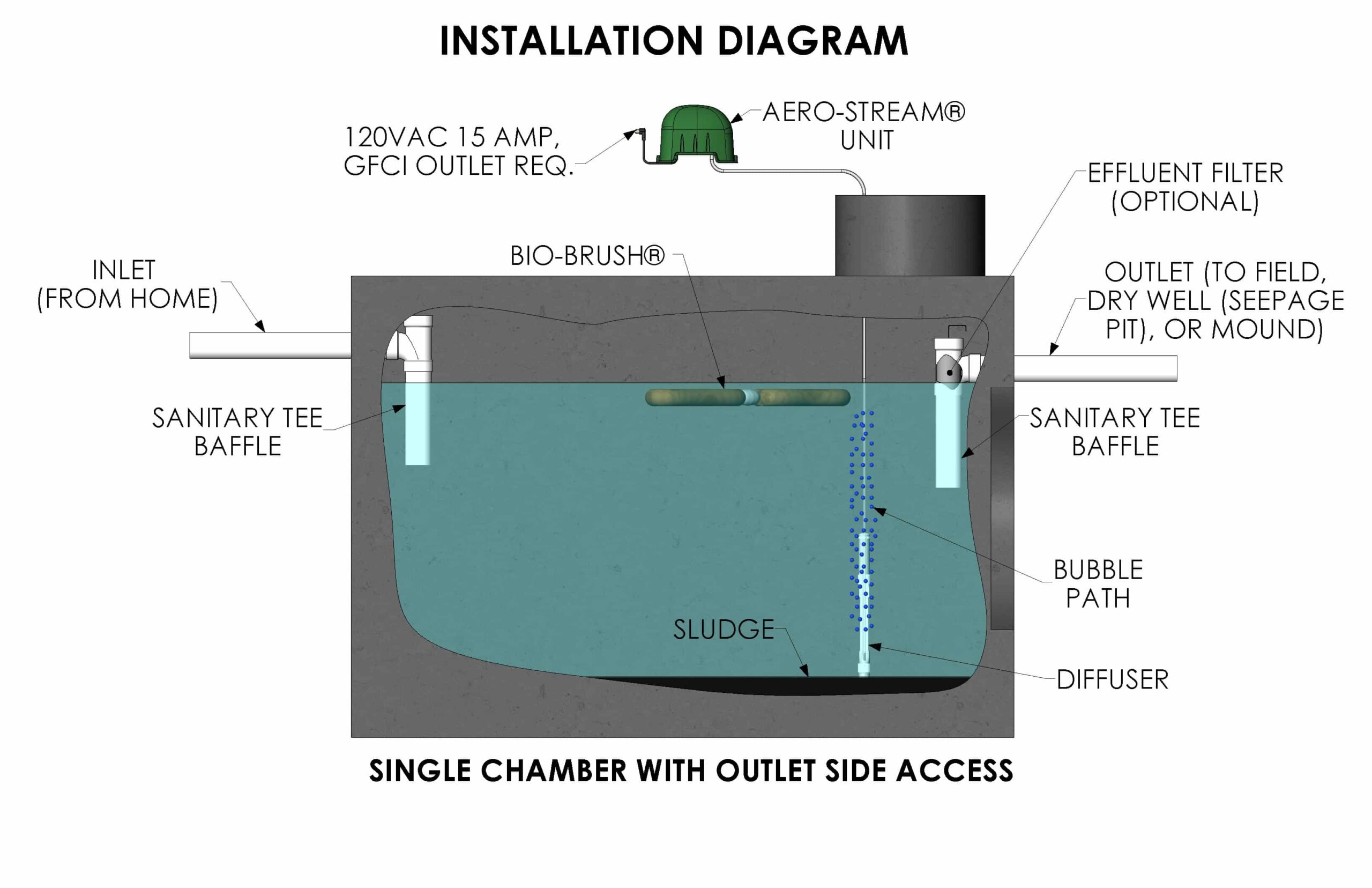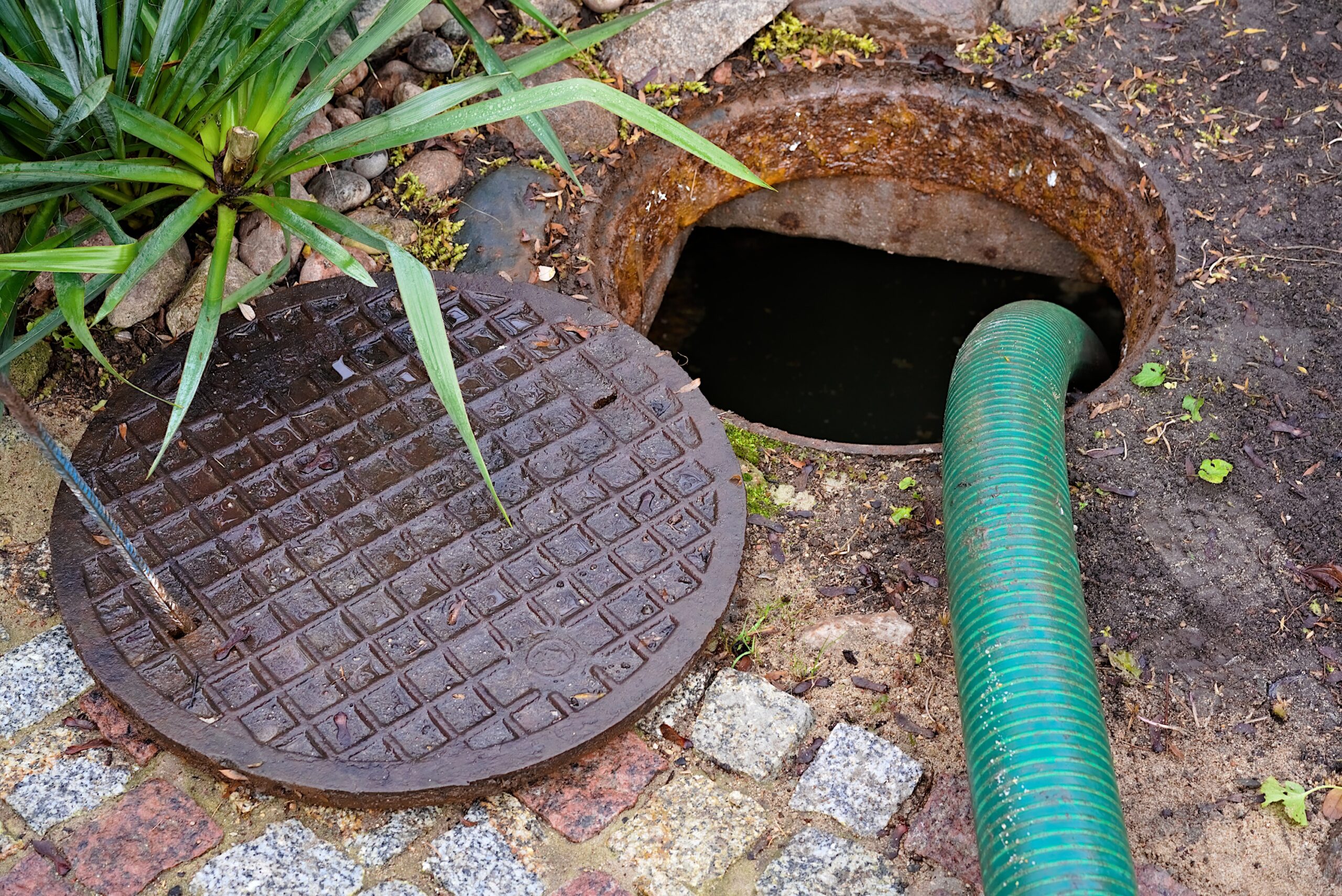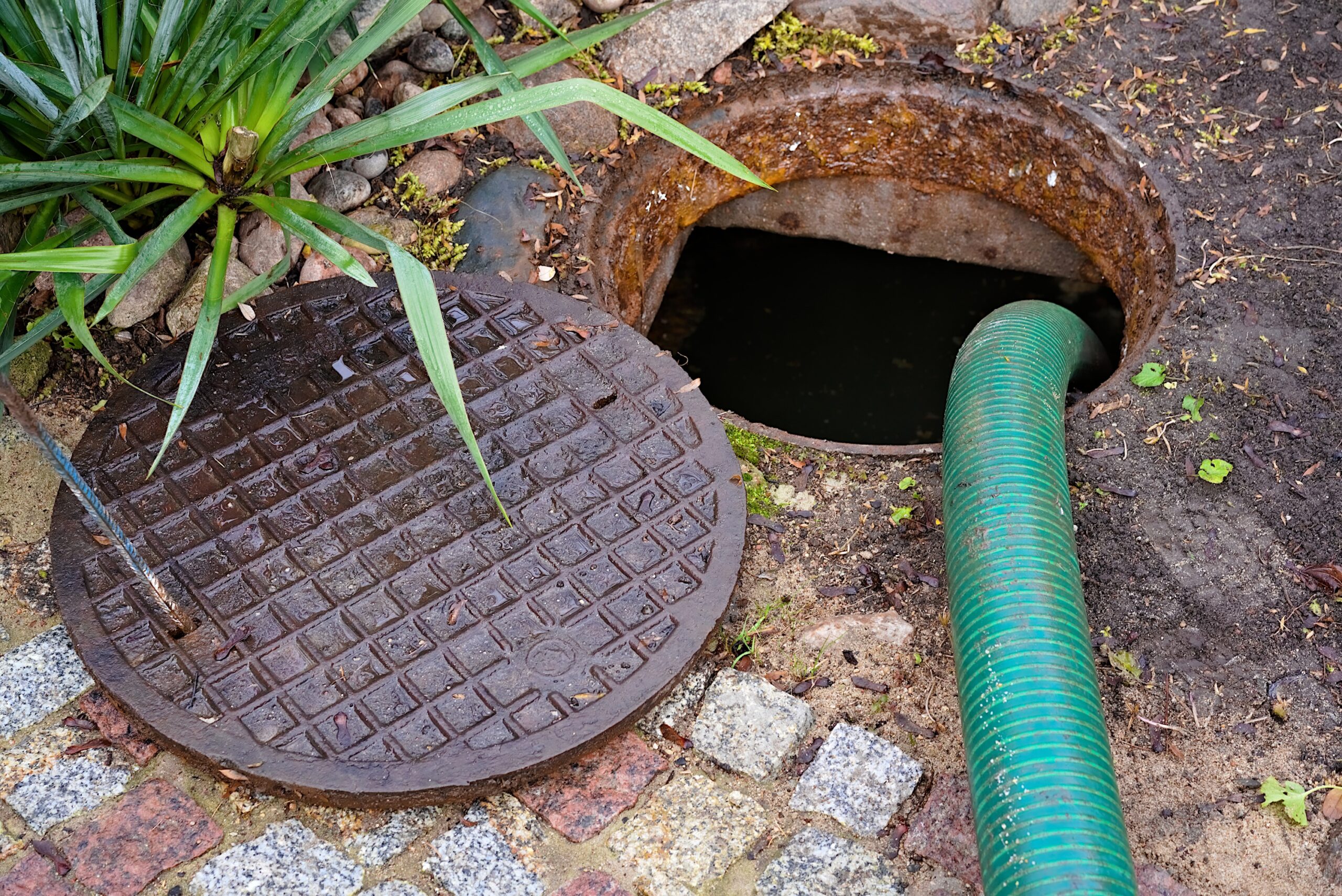Of all the homes in the United States, 25 percent have a septic system. In new homes, nearly a third have an on-property wastewater treatment system, also called a septic system. And, due to suburban and urban sprawl and municipal budget restraints, the number of septic tank users increases every year.
Septic systems are of concern to property owners for two reasons:
- They treat wastewater through containment and this is important to the environment.
- They are very expensive to replace.
In order to maintain their systems and hopefully extend their longevity, many homeowners succumb to scams, involving either chemical or bacterial system additives. At best, bacterial additives do no harm, at worst, chemical additives can hasten a systems end of life. In all cases, property owners are wasting their money.
There is not a single scientific study that shows that the use of chemical or bacterial additives for septic systems provide any useful purpose. It’s not that such studies haven’t been done; they have. The results simply do match what manufacturers of these products claim and some additives actually harm septic systems.
A septic system is a closed system. It contains little or no oxygen. The sediment at the bottom of the system is called sludge, the layer that floats on top is called scum, the middle level of which is mostly clean water is effluent that flows into the drainage field. The effluent can, and does, become easily contaminated with chemical additives that flow out of the tank with the effluent. It does dissolve the sludge, but it does contaminate the drainage area. Makers of chemical additives or “treatments” usually contain highly caustic active ingredients such as sulfuric acid. This acid is so strong that, while it may open up clogged drain and dissolve grease and oil, it is likely to attack the structure of the septic tank as well.
The sludge is the waste material left over from bacteria that have broken down solid waste. Scum is waste that is lighter than water and left by bacteria after they have digested the organic material and also such things as plastic and paper. Neither sludge or scum layers are oxygen rich environments. Adding a bacterial treatment will do little to the upper and lower layers present in a septic tank.
So, if chemical additives can harm a system and bacterial treatment does not work, how should homeowners maintain their septic system? There is agreement among septic system experts that the best way to prolong the life of a septic system and avoid problems is to have it pumped out every two to three years by an experienced service.
Jennifer Hause, a scientist at the National Environmental Services Center at West Virginia University, believes that:
“people do not understand what happens in a septic tank. The process is a natural biological process that does not need anything to help it do its job.”
Hause also said:
“As long as wastewater is entering a septic tank, solids will be present. The job of the septic tank is to keep as many of the solids in the tank (retention and settling) – not let them pass on to the next treatment process which in many cases is a drain field. If a product claims reduction or elimination of the need to pump, I would have to ask where then do the solids go if they are no longer in the tank? Not all solids present in wastewater can be turned to liquids and gases as some claims have been made.”
As long ago as 1993 the state of Washington issues a legislative report that concluded:
“most additives do not have a positive effect on the operation of on-site systems, and can contaminate groundwater aquifers, render septic drain fields dysfunctional, and result in costly repairs to homeowners.”
Only one year later they amended their findings by adding:
“Chemical additives do, and other types may, contribute to septic system failure and groundwater contamination. In order to determine which ingredients on non-chemically based additive products have adverse effects on public health or the environment, it is necessary to submit products to a review procedure.”
The Clark County Health Department in Oregon specifically warns septic system users not to use additives as does the Ravalli County Department of Health in Montana. So, homeowners, if you are using are additives you are wasting money, potentially contaminating the drain field and wrecking your system, please STOP!











